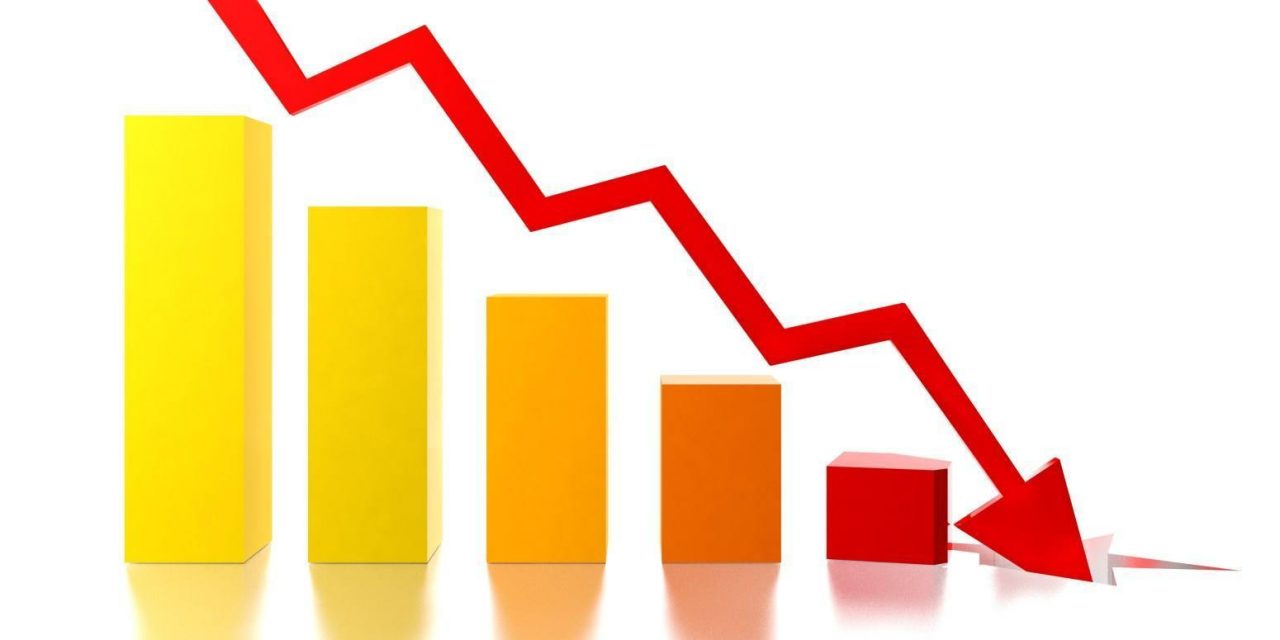Delta Corporation recorded a 3% decline in lager beer volumes for the quarter ended 31 March 2019. However, the volumes were up by 31% for the full year.
In a trading update released on 25th April 2019, Company Secretary Alex Makamure advised that the decrease in volumes was attributable to a decline in aggregate demand due to increased wholesale and retail prices. To make, matters worse, Mr Makamure says, ”The sparkling beverages business was virtually closed during the quarter due to non-availability of imported raw materials. Volumes declined by 89% compared to prior year for the quarter and decreased by 44% for the full year. Operations have since resumed albeit at a slow pace.”
Revenues
“The Group revenue will reflect an increase of 33% for the quarter and 26% for the full year. It is noted that the financials are distorted by the changes in the reporting currency from USD to RTGS$, noting that the Group maintained stable pricing for the nine months and only partially rebased prices in the fourth quarter,” Mr Makamure added. After Delta Corporation’s attempts to charge in foreign currency only were stopped by the government towards the end of 2018, the company had to rely on Reserve Bank of Zimbabwe (RBZ) allocation. These allocations turned out to be intermittent and forex was scarce, leading to the introduction of the interbank forex exchange market about two months ago. Delta has resorted to charging a part of the wholesale price in foreign currency to ramp up its forex earnings.
Other business
Delta Corporation also used the trading update to report that the company now owns a 50.1% stake in Afdis which will be consolidated into a subsidiary. With Regards to the acquisition of United National Breweries (PTY) Limited SA (UNB), Delta Corporation said efforts to conclude the transaction within the set timeframe are underway. Delta Corporation announced the plans to acquire a 100% stake in UNB in December 2018. The stake is currently held by Diageo Plc.
Foreign currency challenges
Delta Corporation and many other companies are reeling under the effects of foreign currency shortages. The government introduced the interbank foreign currency exchange market in a bid to deal with the problem. However, this initiative seems to be failing to achieve the desired results as companies are still unable to access enough hard currency. This means that there is not enough to procure raw materials and production will remain low. In addition, repatriation of dividends and other obligations to foreign shareholders has also been adversely affected. Because of this, the drive to lure more investment into the country is likely to be a difficult one if the status quo does not change.
While full-year results for Delta will be released on 16th September 2019, we already have a picture of what they will look like. Improvements in the availability of forex are long overdue.








